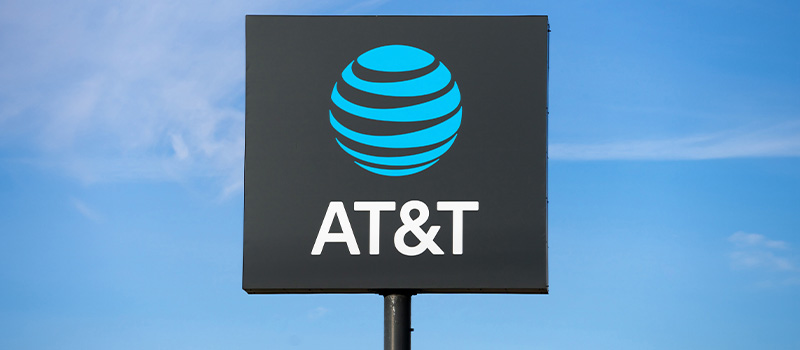Olympus Scanlation: A Complete Guide for Manga Fans

The world of manga is vast, creative, and endlessly fascinating. For international fans who do not speak Japanese, groups play a key role in bridging the gap between Japan’s manga industry and global readers. Among the many names in this field, has become one of the groups associated with bringing unique manga titles to a worldwide audience. By combining translation, editing, and community effort, this group ensures that fans can enjoy manga stories that might otherwise never leave Japan.
In this article, we’ll explore what is, how works, its role in manga culture, and why communities like it continue to matter in today’s digital age.
What Is Olympus Scanlation?
At its core, is a fan-driven group that focuses on translating Japanese manga into English. The word scanlation itself comes from “scan” and “translation.” It refers to the process of scanning raw manga pages, translating the dialogue into another language, editing the artwork to replace Japanese text with translated text, and finally releasing it online for fans to read.
like many similar groups, is not an official publisher. Instead, it works as a community-driven project made by fans for fans. This allows readers around the world to access manga that has not been officially licensed or published in their country.
The Process Behind
To understand the importance of n, it helps to look at the process involved. is not as simple as translating words; it requires several steps:
-
Raw Acquisition – Members scan or source raw copies of the manga.
-
Translation – Skilled translators convert Japanese dialogue into English.
-
Cleaning – Editors remove Japanese text from the scans, making the page ready for new dialogue.
-
Typesetting – The English text is inserted into the manga with careful attention to fonts and placement.
-
Proofreading – The final draft is checked for errors in grammar, translation, or layout.
-
Release – The completed chapter is shared with the community online.
This process requires dedication, teamwork, and a passion for manga storytelling.
Why Matters to Manga Fans
For many fans outside Japan, the availability of translated manga is limited. Publishers often focus only on the most popular titles, leaving hundreds of other series untranslated. This and similar groups fill a cultural gap.
Accessibility
By translating lesser-known titles, the group allows international fans to enjoy stories they may never see otherwise.
Cultural Connection
Fans who read scanlations can explore Japanese storytelling, traditions, and art styles, which helps create cultural appreciation.
Community Building
Olympus Scanlation fosters online communities where readers discuss chapters, share insights, and recommend new series.
The Ethical Debate Around
While fans appreciate the work of , it’s important to recognize the ongoing debate surrounding . On one hand, it provides access to stories unavailable through legal means. On the other hand, it exists in a gray area since it involves unlicensed translations.
The Positive View
-
Brings global attention to lesser-known manga.
-
Creates international demand, sometimes leading to official licensing.
-
Encourages fan communities and cultural exchange.
The Critical View
-
Can impact sales of officially licensed works.
-
May discourage publishers from taking risks on niche titles.
-
Raises questions about copyright and author compensation.
Despite this debate, Olympus Scanlation and groups like it remain significant in manga culture.
The Role of in the Digital Age
The internet has changed how fans consume media, and manga is no exception. operates in a space where digital access defines the fan experience. With platforms, forums, and social media, scanlated manga can reach thousands of readers in just a few days.
Global Reach
Fans from Asia, Europe, North America, and beyond can connect through shared releases.
Instant Feedback
Readers provide feedback on translations, artwork, and storylines, creating a feedback loop for both fans and translators.
Discovery of Hidden Gems
Olympus Scanlation often introduces fans to manga series that would never be marketed globally, keeping the manga scene fresh and diverse.
How Olympus Scanlation Differs from Official Publishers
While official publishers like Viz Media or Kodansha focus on commercial releases, is a volunteer-based effort. The main differences include:
-
Speed: Scanlation groups often release chapters faster than official publishers.
-
Selection: They focus on niche titles ignored by mainstream companies.
-
Community Spirit: Olympus Scanlation prioritizes fan connection over profit.
This doesn’t make one better than the other; rather, both contribute to the larger ecosystem of manga appreciation.
The Future of Olympus Scanlation
As manga grows more popular worldwide, the landscape of scanlation is changing. Publishers are licensing more series, and digital manga platforms are expanding. However, there will likely always be a space for groups like.
Potential Changes Ahead
-
Greater collaboration between fans and publishers.
-
Faster official translations reducing the need for scanlation.
-
Continued survival of niche groups focusing on rare titles.
Regardless of the future, Olympus Scanlation represents the dedication of manga fans who want to share their passion globally.
Conclusion
highlights the love and dedication of fans who work tirelessly to bring Japanese manga to an international audience. By translating, editing, and sharing titles that may otherwise remain hidden, the group plays a vital role in the cultural exchange between Japan and the rest of the world.
Although scanlation exists in a legal gray area, its importance in shaping manga fandom cannot be denied. As technology evolves and manga becomes even more global, Olympus Scanlation will remain a name associated with community, accessibility, and the enduring power of storytelling.




